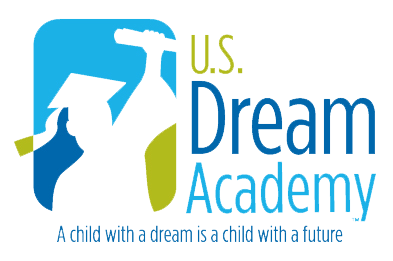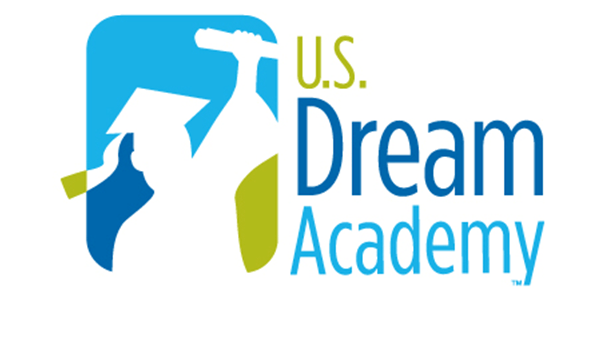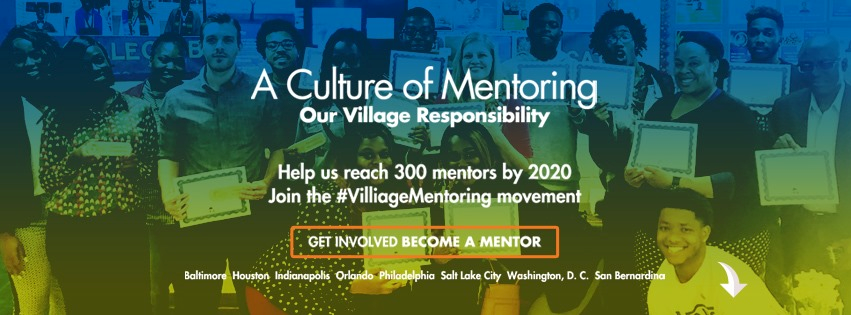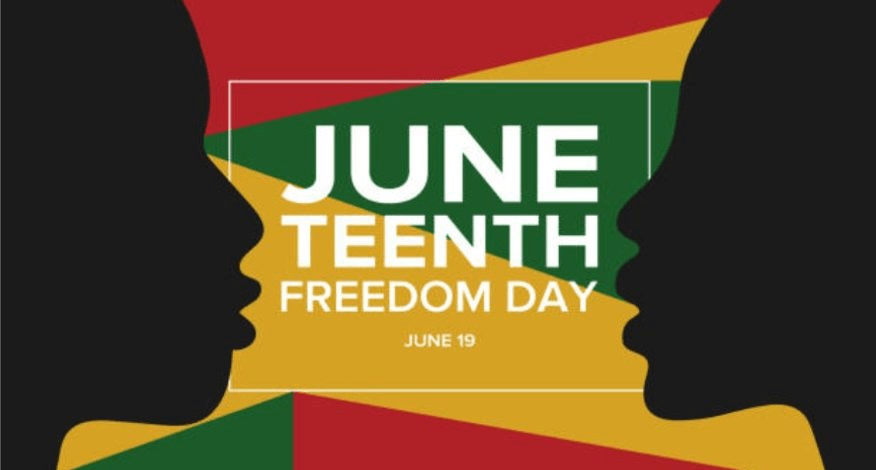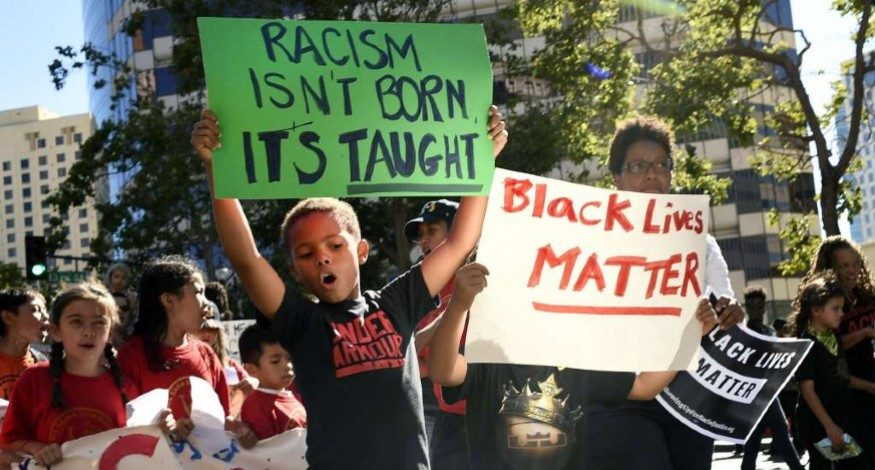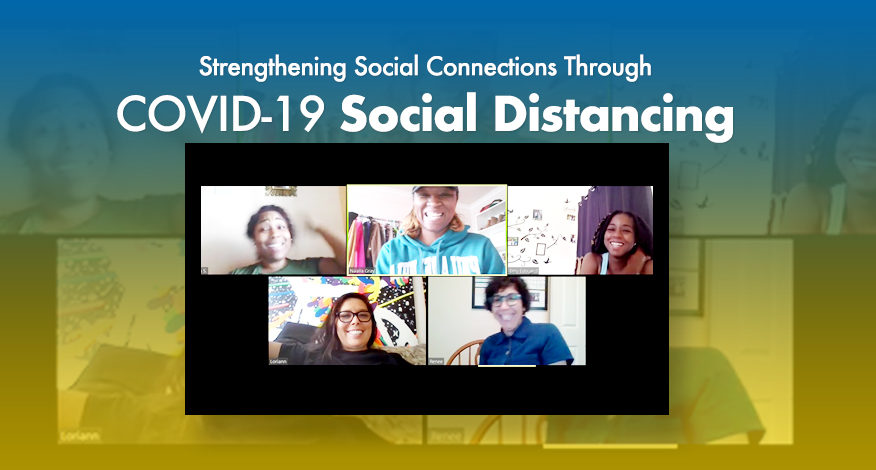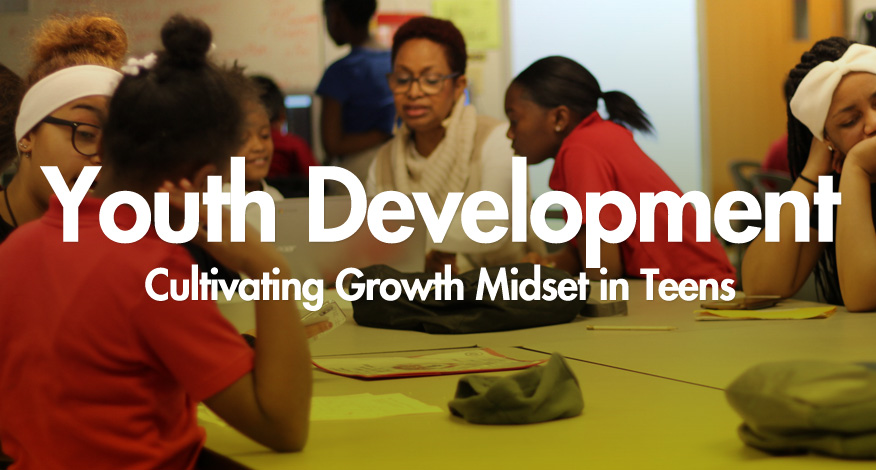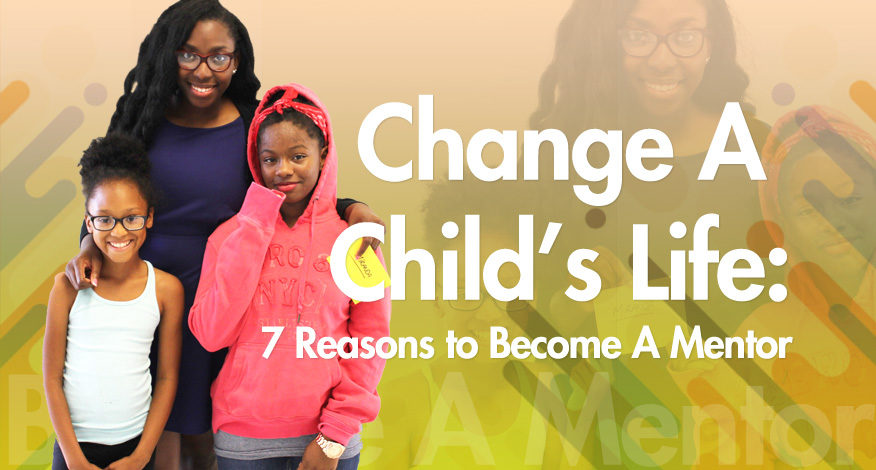5 WAYS MENTORING HELPS CHILDREN OF INCARCERATED PARENTS
Parental incarceration has numerous negative effects on children. According to the National Institute of Justice, the incarceration of parents is one of the risk factors that increase the possibility of a child having following emotional and behavioral challenges, such as:
- Psychological strain (i.e. emotional trauma, separation anxiety, worry about parent)
- Anti-social behavior (i.e. feelings of being alone, abandonment, frustration)
- Poor performance in school (i.e. under-achieving; not applying themselves fully, being distracted)
- Economic hardship (i.e. possible reduction in available resources to support the child)
Our U.S. Dream Academy after-school mentoring program is committed to helping children of incarcerated parents, along with children living in high-risk communities, to overcome these challenges and propel them to reach their full potential.
Research has shown that youth mentoring programs are highly effective in helping children to cope with trauma and difficult life circumstances, such as parental incarceration.
Benefits of Mentoring for Children of Incarcerated Parents
Below are five ways a mentoring program helps children of incarcerated parents to persevere and grow positively in their development.
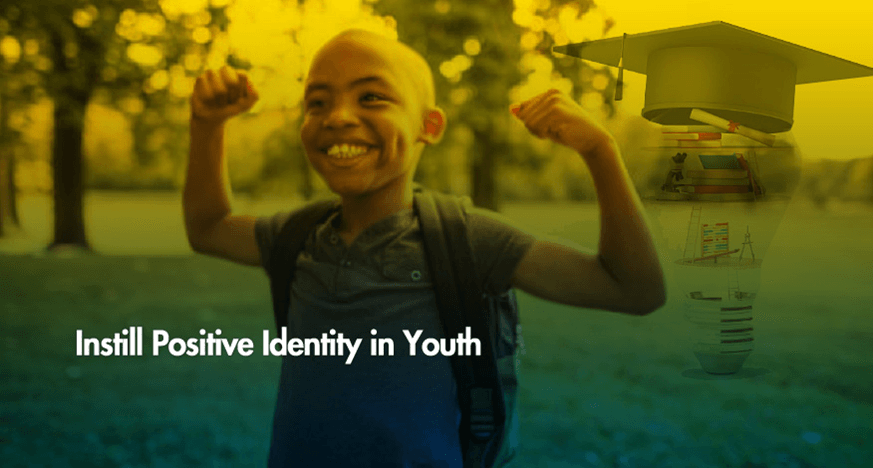
1. Mentoring helps a child develop a positive identity
The emotional distress of being separated from a parent due to arrest and incarceration can be traumatizing for any child, and has a greater impact on a child who witnesses his/her parent’s arrest. In many cases, the incarcerated parent was the primary provider, at the time of arrest, and is forced to leave his/her children with a family member or sometimes foster care. As a result of the transition of moving or living in a home without their parents, some children experience uncertainty, anxiety, may develop low self-esteem and negative feelings about themselves, as they transition from one home to another.
Mentoring is a vital key to a child’s future as the mentor serves as an additional support for the child, a consistent relationship and can contribute positively to their development. Through mentor-mentee relationships for youth, a child can rebuild his or her self-esteem and develop a positive mindset.
Mentors help children become aware that other people care about them. Mentors leverage their own life experiences and encourage youth to overcome life circumstances in order to achieve their dreams and become productive members of society.

2. Mentoring Helps To Improve Commitment To Learning
Among the most important ways mentoring helps children is to improve their commitment towards school. The lack of direct parental assistance and minimal educational support are some factors that can often result in reduced academic enthusiasm or emotional distractions among students. Studies show that youth mentoring plays a pivotal role in helping children, with currently or previously incarcerated parents, to focus on school.
It goes without saying that school work is important in preparing children for the future, and our U.S. Dream Academy staff and mentors are committed to helping to prepare students to excel academically. Our U.S. Dream Academy mentors help children develop positive attitudes towards school attendance and reinforce the importance of good academic performance while providing educational assistance as part of our 1-to-1 and group mentoring enrichment activities.
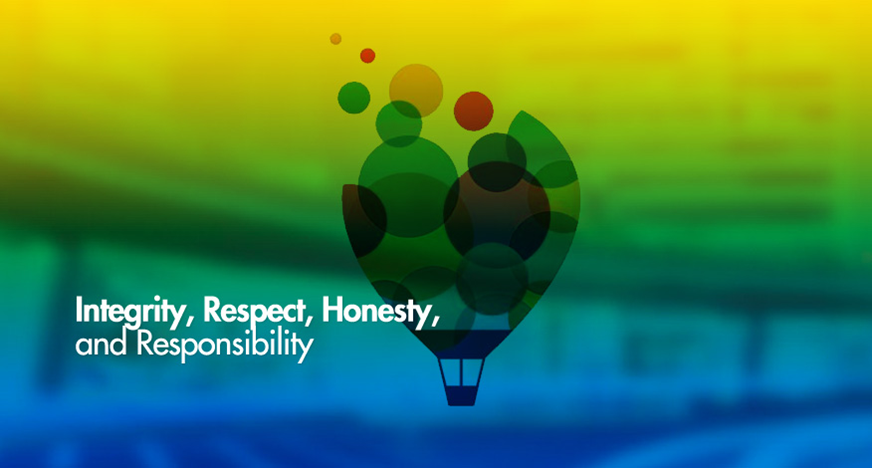
3. Mentoring Helps Promote Positive Values
Children, whose lives have been impacted by parental incarceration, with little opportunity to develop a relationship with their parent, can experience negative emotions. Often, it’s hard for young people to express in words, what they are feeling on the inside; therefore, the expression of their negative feelings may be displayed in ways such as frustration, lack of interest, anger, or even unwillingness to talk to others. By becoming a mentor, you can take part in active guidance of affected children and contribute to their holistic development through a mentor-mentee relationship built on consistency and mutual respect.
The absence of a parent due to incarceration can be very confusing for children, especially for children who have few other stable adults. Children will feel a sense of loss similar to the death of a parent and yet children who have a parent incarcerated, don’t often receive sympathy or concern, rather they often feel a sense of shame and stigma. Having a mentor who understands this and does not judge the child for his/her parents action, creates a safe place where a trusting relationship can develop. Research shows that having at least one caring and supportive adult relationship outside of your family can help improve social and emotional development of a child.
With a committed mentor that makes a personal investment into a child’s life, the youth mentoring relationship helps in the development of positive values such as integrity, respect, honesty, and responsibility for the child. Mentors also help children to consider the outcomes of positive and negative behavior; thus, helping the child to make better decisions that align with their goals.
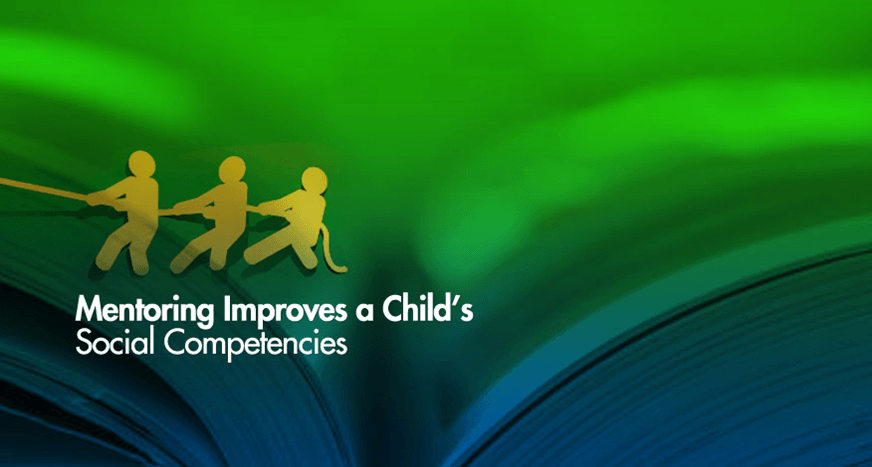
4. Mentoring improves a child’s social competencies
Children who have experienced early trauma, and have not had the opportunity to heal, from events such as witnessing violence in their community, loss of a parent to incarceration, or the sudden relocation from one home to another may have difficulty with trusting others. They may exhibit social behaviors associated with depression, voluntary isolation, and resistance to conflict resolution because of how they are feeling inside about traumatic or life-shifting events in their lives.
As cited by the National Mentoring Resource Center, positive mentoring relationships that are emotionally engaging through trust, empathy, and mutual sharing of thoughts and feelings produce social and emotional growth in youth. Research shows that some of the outcomes of an engaging mentor-mentee relationship are an improvement in the child’s relationship with their peers, parents, and other adults; improvement in their overall well-being and future success in life.
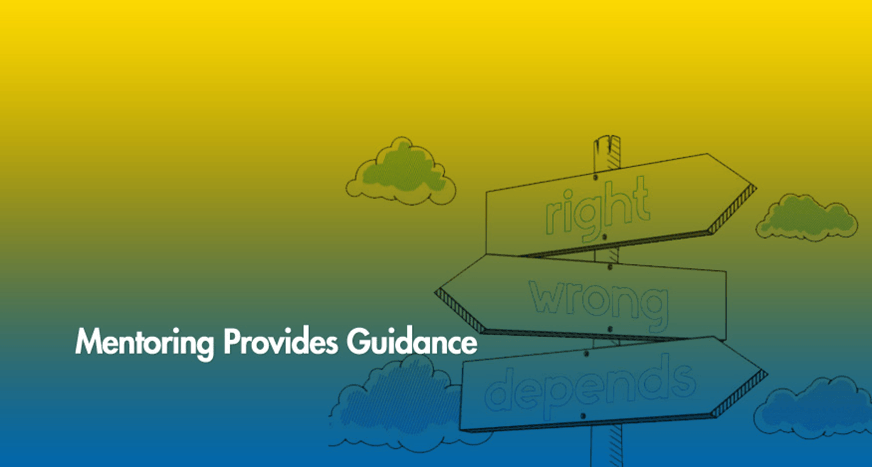
5. Mentoring provides guidance
It’s a fact of life that every child requires guidance, and making mistakes is part of every child’s development. A very important factor to redirecting at-risk behaviors of a child includes positive behavior encouragement and support from caring adults during the stages of child development. In addition to the child’s parents, other supportive adults 6(i.e. teacher, sports coach, family relative, faith-based leader, or mentor), can have a great influence on a child.
Many children of incarcerated parents feel abandoned; therefore, mentoring helps provide children with a caring adult (who is viewed as a friend) that they can trust and rely on. By doing activities with your mentee, you’ll have many opportunities to have fun, build a friendship bond, and encourage your mentee to feel good about themselves.
Youth benefit from mentoring because mentors can provide concrete assistance and support in:
- Helping out with homework and academic projects
- Talking through difficult topics or challenges without judgment
- Building the child’s self-confidence and self-esteem, and
- Exposing the child to new positive experiences.
The end result is that youth who are mentored set new goals and dreams for their lives, feel confident, and set their mind and actions to achieving their goals.
CHANGE A CHILD’S LIFE – BECOME A MENTOR TODAY!
For over 20 years, U.S. Dream Academy has served over 10,000 children living in neighborhoods harmed by high rates of incarceration. While we’ve impacted many lives over the years, there is a still a huge mentoring gap in the U.S. — 1 in 3 children between ages 8 – 18 do not have a mentor.
We are currently looking for 300 men and women to invest 1 hour per week with a child as a mentor at our 8 Dream Learning Centers in Baltimore, Houston, Indianapolis, Orlando, Philadelphia, Salt Lake City, San Bernardino and Washington, D.C. – Learn more and sign up to Become a Dream Mentor!
SHARE THIS ARTICLE
FOLLOW US FOR NEWS & UPDATES




